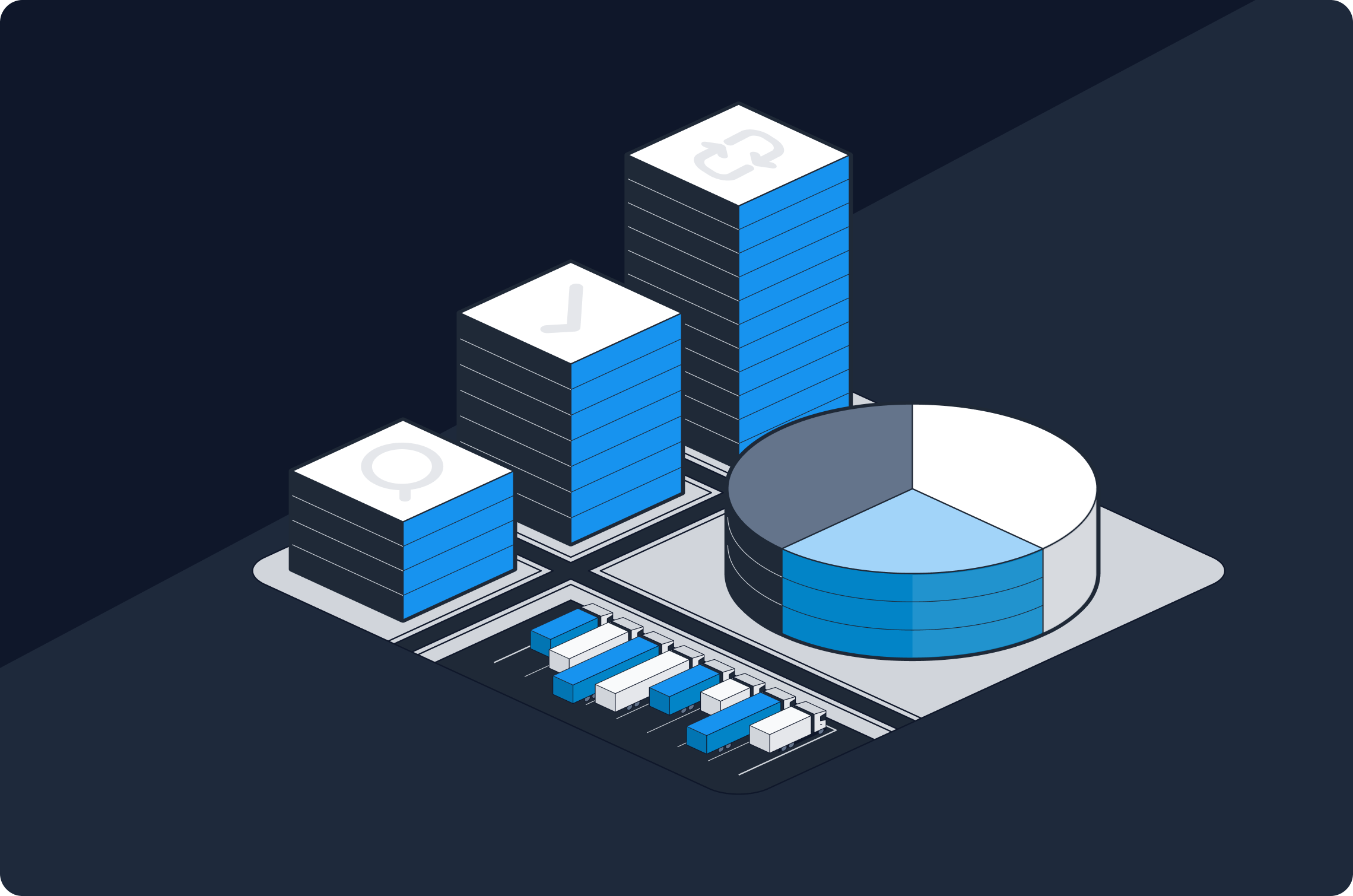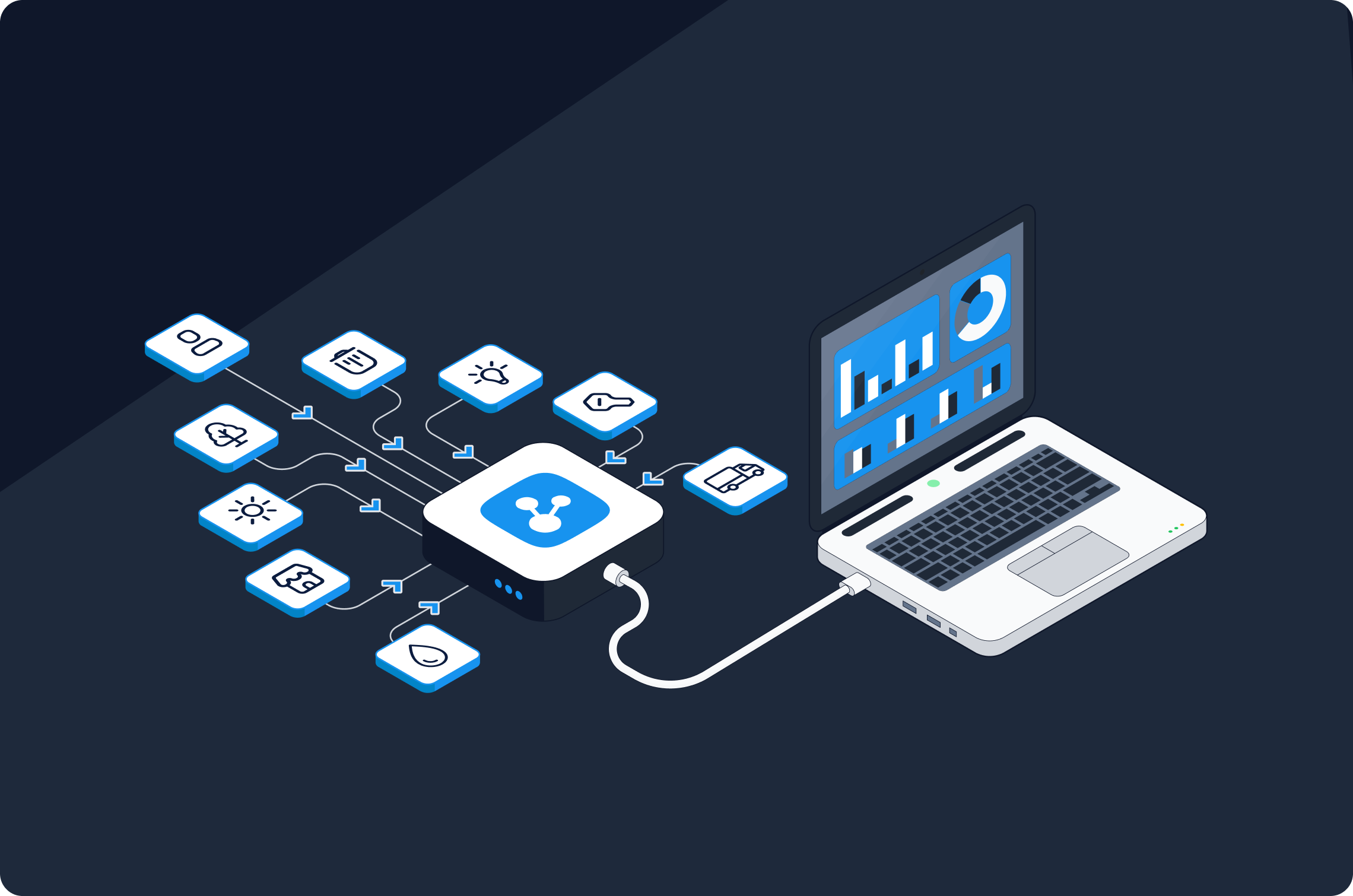Businesses across the globe are scrambling to put ESG (environmental, social, and corporate governance) policies in place before they become a legal requirement.
On 26 June 2023, the International Sustainability Standards Board (ISSB) issued two ESG standards, IFRS S1 and IFRS S2, which will be effective for annual reporting periods beginning on or after 1 January 2024. Following these standards will be required by dozens of countries and jurisdictions across the globe, including the EU. While the US is not one of them, American companies must answer to the Securities and Exchange Commission (SEC), which will soon expand its rules for disclosure of ESG data and more diligently enforce compliance therewith.
Regardless of whether you think ESG is a fleeting fad or here to stay, it will become a prerequisite for sustainable business in the very near future.
This article will talk about some of the challenges to implementation of proper ESG reporting practices and show how they can be overcome using a data integration tool like Dataddo. Then, we will discuss the specific benefits of such a solution for four types of organizations:
- Organizations with ESG reporting obligations
- Consulting agencies that offer ESG solutions
- ESG software vendors
- Private equity firms
ESG Reporting: Common Obstacles and Smart Solutions
One of the greatest challenges of ESG reporting is figuring out what metrics should be tracked, and where and how to get the data to track them. The answers to these questions strongly depend on the type of each organization, and so determining them is the unique task of the organization itself and/or its consulting partner(s). Unfortunately, this is made even more difficult by all the mixed publicity around ESG.
How to do this will therefore not be addressed in this article. Instead, we will focus on obstacles that can be fully or partially overcome via the use of an automated data integration tool.

Obstacle #1: Data Collection
Many organizations concerned with ESG have a lot of legacy systems in place, disparate datasets, and data not accessible via modern interfaces. Collecting this data tends to require a lot of manual work.
A data integration tool perfectly solves this problem because it can automate the collection of data from a wide range of cloud and on-premise systems (our product saves the average customer 9 man-hours per day!). Dataddo is particularly capable here because its universal JSON connector can pull data from any niche or proprietary system.
It’s also important to mention that, since ESG reporting is more about trends than baseline metrics, automated data collection is the best method for accurate tracking. This ensures that data is pulled at consistent, frequent intervals, and not subject to the errors of manual collection.
Obstacle #2: Security and Compliance
Some of the data that gets collected—on purpose or incidentally–might be very sensitive.
Data integration tool vendors should not only be taking steps to keep your organization’s data safe (e.g. by maintaining certifications like SOC 2 Type II), they should give your users mechanisms to help you stay compliant. In the case of Dataddo, these mechanisms include the ability to exclude personal identifiable information (PII) from datasets, and the ability to encrypt data in transit via SSH tunnelling.
Obstacle #3 Implementation Timeframe
As mentioned in the introduction, many companies are scrambling to put basic ESG frameworks in place by 2024.
No-code tools like Dataddo can shorten the timeline to implementation by weeks because they are deployable easily and on a self-serve basis. Moreover, once implemented, they continually save multiple man-days per month on collecting and cleaning data.
Obstacle #4: Getting Internal Buy-In
Successful project roll-out requires involvement of multiple departments—a challenge that grows in significance proportionally to the size of the organization.
Data integration tools can help solve this problem, because they rely on automation, which minimizes the involvement of people, and because they connect systems already in place.
What Types of Organizations Benefit Most from Automated ESG Reporting?
There are four main types of organizations that can benefit from using Dataddo to streamline ESG reporting practices.

Organizations with ESG Reporting Obligations
This is, of course, the largest and most various beneficiary group. For these organizations, Dataddo can deliver:
- A quick, yet long-term DIY Solution. Provided an organization already knows what metrics it needs to track and has done all necessary system mapping, it can use Dataddo to quickly automatic data collection, saving weeks on initial implementation and several man-days per month after that.
- Ability to connect everything. Thanks to universal connectors, Dataddo can connect to wide variety of proprietary and purchased systems. For manual and semi-automatic integration cases, Dataddo supports Google Sheets as a destination.
- Composability. Dataddo interoperates with the systems for reporting, data storage, etc. that organizations already use.
- Security guarantees and compliance mechanisms. Dataddo is SOC 2 Type II certified, and offers a number of mechanisms that help users integrate data more securely, including role-based access controls (RBAC), the ability to exclude PII, and SSH tunnelling.
Consulting Agencies
No doubt, many organizations will prefer to establish ESG frameworks in partnership with a consulting agency. For these agencies, Dataddo can deliver:
- Reliable integration technology. This solves a major problem agencies face, as automated data integration is a key part of providing long-term reporting.
- Shorter delivery time and higher dealflow. Dataddo is an out-of-the box product, making the delivery time of any reporting project more predictable. This, in turn, allows a higher throughput of deals. On average, our product saves customers 9 man-hours per day.
- Composability. Dataddo interoperates with the systems for reporting, data storage, etc. that agencies already use.
- Room for higher margin. No need for heavy custom development, leaving room for extra margin.
- Security guarantees and compliance mechanisms. Dataddo is SOC 2 Type II certified, and offers a number of mechanisms that help users integrate data more securely, including role-based access controls (RBAC), the ability to exclude PII, and SSH tunnelling.
ESG Software Vendors
ESG software vendors are prime candidates for headless data integration; that is, connecting their software to Dataddo’s unified API to put all our integrations under the hood of the software’s UI. For these companies, Dataddo can deliver:
- Faster time-to-market. Dataddo takes all responsibility for creating connectors (with clear time estimates and/or guarantees), and proactively maintains all pipelines. This could shave months off of the time to initial launch, and save several man-days per month thereafter.
- Massive cost savings on developing, implementing, and maintaining an integration solution.
- Infinite scalability. We can handle as many integrations as you need. The business logic is up to you.
- Security guarantees and compliance mechanisms. Dataddo is SOC 2 Type II certified, and offers a number of mechanisms that help users integrate data more securely, including role-based access controls (RBAC), the ability to exclude PII, and SSH tunnelling.
Private Equity Firms
The more data that’s available, the easier it is to evaluate investment attractiveness. For private equity firms and investment companies, Dataddo can deliver:
- Quicker evaluations. Firms can easily compile ESG data from prospects’ systems and plot it into their own systems for big-picture insights. On average, our product saves customers 9 man-hours per day.
- Cost savings. Having the ability to manage data integrations in-house using Dataddo is much cheaper than using proprietary solutions or agencies.
- Composability. Dataddo interoperates with the reporting systems that firms already have in place.
- Security guarantees and compliance mechanisms. Dataddo is SOC 2 Type II certified, and offers a number of mechanisms that help users integrate data more securely, including role-based access controls (RBAC), the ability to exclude PII, and SSH tunnelling.
For more information about Dataddo and ESG reporting, jump to our ESG page.
Long-Term Simplification of ESG Reporting
ESG is a complex and imminently important topic, but the fact that it means something different for every company makes it hard to navigate through all the noisy publicity about it.
Each organization will need to identify ESG metrics, map where the data to track them is located, and determine how to obtain it. But next will come the task of automating pipelines for long-term data collection, and this is where having an external, proven solution for data integration will save money, man-days, and human errors.




Comments